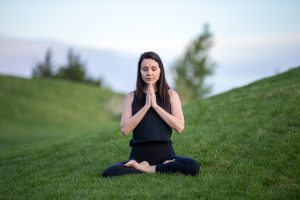Here at Artemis Hill Farm, we love forging connections between horses and humans. In recent years, equine assisted therapy—or horse therapy—has become an increasingly popular therapeutic method. Artemis Hill is a big proponent of equine assisted therapy and so we wanted to take some time to talk about it. Keep reading to learn more about equine assisted therapy and some common equine assisted activities.
Equine Assisted Therapy: A Brief History
People have found comfort in horses since the beginning of written history. The Greeks often wrote about the benefits of spending time with horses and the bond between horse and owner was an important one, even thousands of years ago.
However, equine assisted therapy as an institutional practice is much more recent. In the 1990s, psychotherapists began to treat seriously the psychological benefits received by spending time with horses and by the early 2000s, horse therapy became an accepted treatment for a variety of conditions including depression and anxiety. In 2022, horse therapy is flourishing, perhaps because concepts such as “emotional support animals” are now commonplace.
What is Equine Assisted Therapy?
So what is equine assisted therapy? Equine assisted therapy requires three parties: an individual in need of treatment, a horse, and a psychotherapist. Depending on the experience of the psychotherapist, a horse trainer may also be involved. Once everyone is together, the psychotherapist or the horse trainer leads the individual in need of treatment through a number of activities involving the horse. Usually, these activities start simple and then grow more complex with each subsequent therapy session.
Over time, the individual in treatment and the horse begin to form a bond, one that is shown to provide benefits for both parties. Equine assisted therapy is sometimes used by itself and sometimes in conjunction with other therapeutic techniques. Additionally, some people engage in group equine assisted therapy, which functions in a similar manner expect that multiple individuals are treated simultaneously.
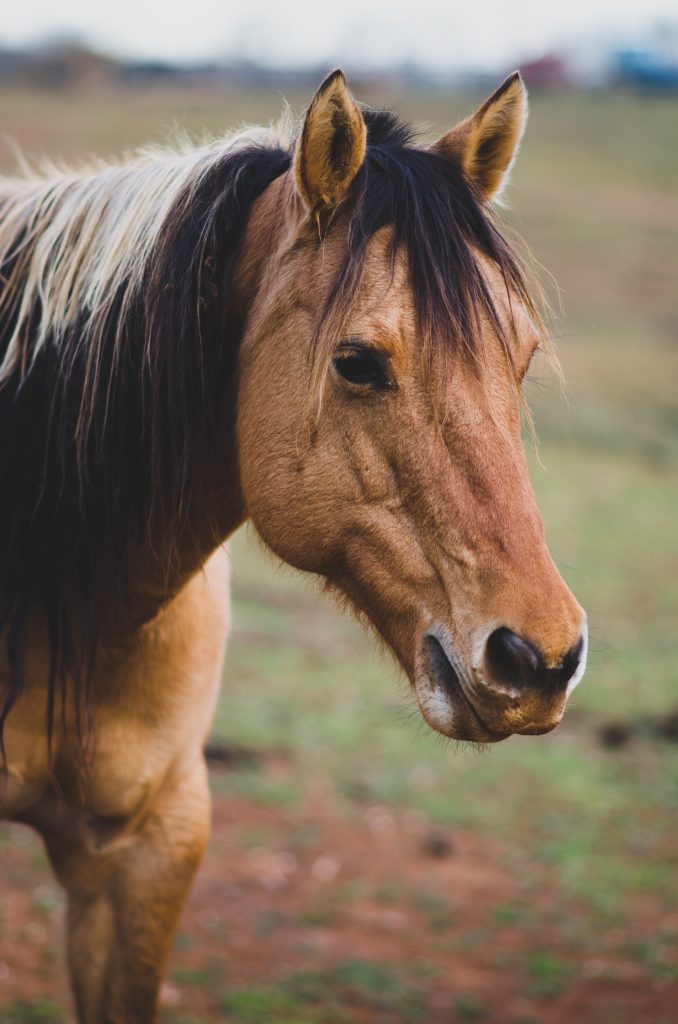
Why Horses?
You maybe be wondering what makes horses such good therapy animals. The answer to this question is too complex to cover in great detail, but we do want to provide an overview. First, it is important to know that horses are extremely intelligent animals who can keenly sense emotions. If a horse senses negative emotions, it will react negatively; similarly, if a horse senses positive emotions, it will react positively. In this way, horses are able to mirror our emotions back to us and help us to understand our own emotional states. Often, we act in ways that we are not conscious of and spending time with horses helps us to become more aware of ourselves.
Additionally, spending time with a horse can help build trust. As we already mentioned, horses are very smart animals and if you treat them well, they will demonstrate kindness and generosity in return. For people with trust issues—particularly if they have had a traumatic past—horses are excellent therapy animals. Often, bonds are created between humans and horses that are as deep as bonds with other humans.
What Are the Benefits of Equine Assisted Therapy?
The benefits of equine assisted therapy depend on the individual. Equine assisted therapy is used to treat a range of conditions from low-grade anxiety and depression, all the way to severe PTSD. Therefore, every individual’s experience will be different. That said, there are a number of benefits that nearly everyone can take away from horse therapy.
The primary benefit of equine assisted therapy is an overall decrease in stress and anxiety. Spending time with animals who are not judgmental has a calming effect on humans, which leads to less worrying. Typically, spending time with horses also means taking time to be out in nature, which similarly is shown to reduce stress and anxiety.
Additionally, taking part in equine assisted therapy results in a newfound sense of responsibility, which can significantly increase cognitive functioning and improve happiness. When you form a bond with a horse, you feel it is your duty to care for it. This creates a sense of meaning and purpose that many people suffering from mental health issues often lack.
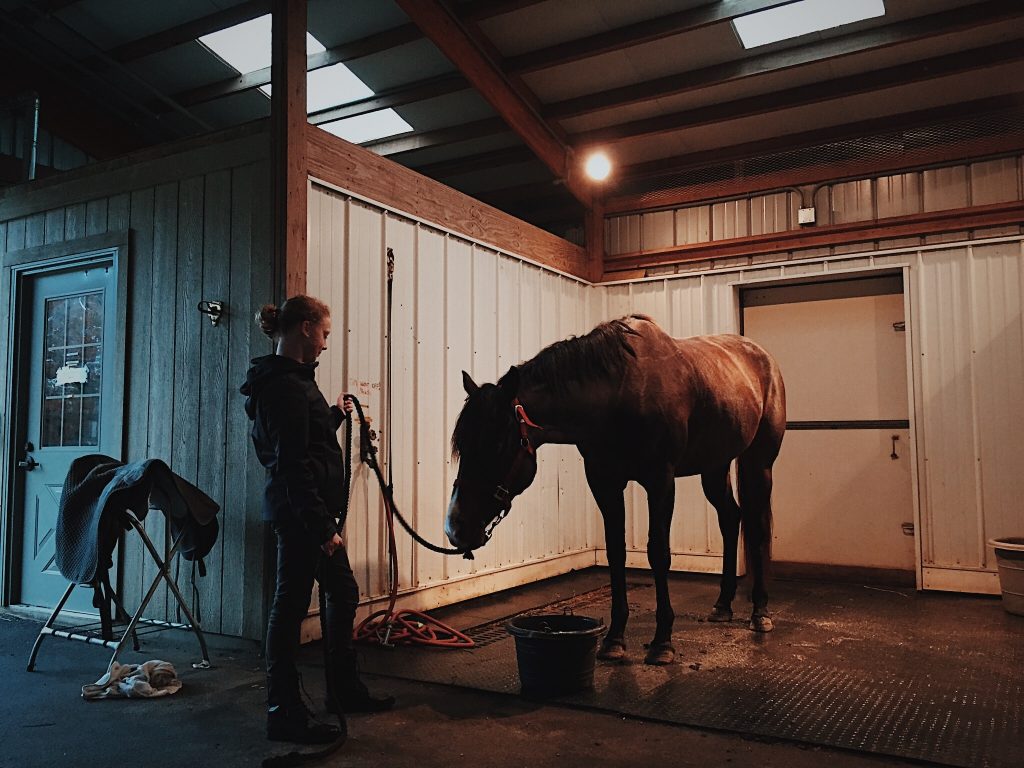
What Activities Are Part of Equine Assisted Therapy?
There are a lot of activities associated with equine assisted therapy, although the exact answer to this question will depend on who is being treated and who is doing the treating. However, here are a few common practices.
Early on, more hands-off activities are typical such as horse observation. During this exercise, the job of the individual being treated is simply to observe. Many people who undergo equine assisted therapy have never interacted with horses before and this exercise is meant to familiarize them with horse behavior. When you watch horses long enough, you begin to get a sense of their intellect and the ways they express themselves.
After getting to know the horses, it is common to move on to activities that revolve around horse care such as grooming. Grooming is an important part of taking care of a horse and it is a good bonding exercise that is easy to do even for those who do not have a lot of experience with horses.
Eventually, individuals will likely move on to more active tasks such as leading a horse, perhaps in an arena or maybe even outside. Again, this is an exercise in trust, and it is important to know how to read the horse and how to react to its movements.
Artemis Hill Farm and Cavalli Healing Hearts
In case you don’t know, Artemis Hill Farm is home to a non-profit organization known as Cavalli Healing Hearts. Although no one at Cavalli Healing Hearts is a licensed therapist, we do aspire to promote positive mental health through human/horse connections. Cavalli Healing Hearts was founded and is run by Daniela Nastasi who, after years of self-growth through interactions with horses, seeks to share the joy of equine activities with others. Daniela does not work with anyone who suffers from extreme mental health issues, as that would not be appropriate, however if you are someone who is feeling stressed or anxious, Cavalli Healing Hearts might be for you. If you would like to learn more about Cavalli Healing Hearts or donate to the cause, please click here.
